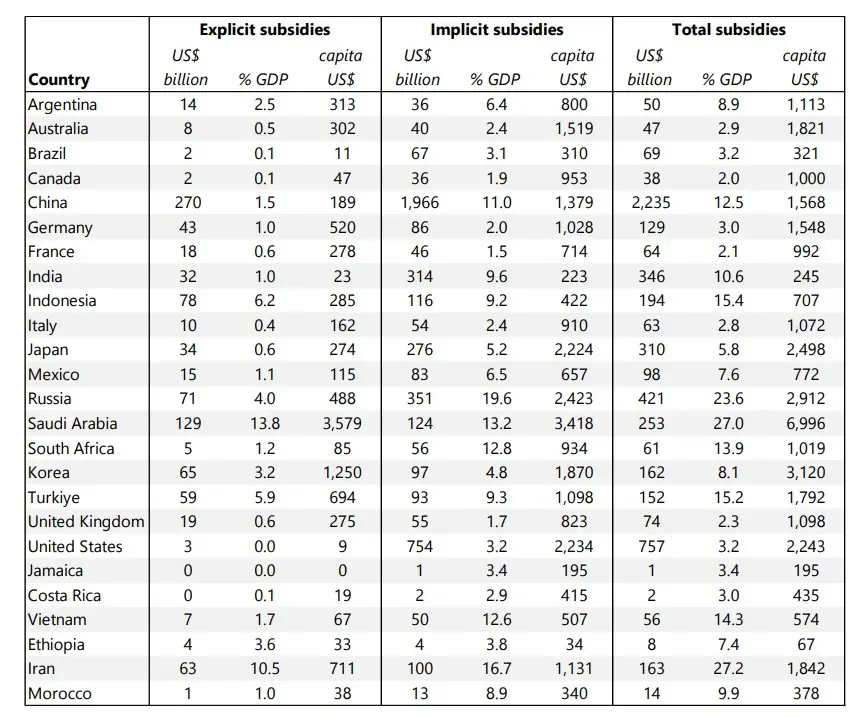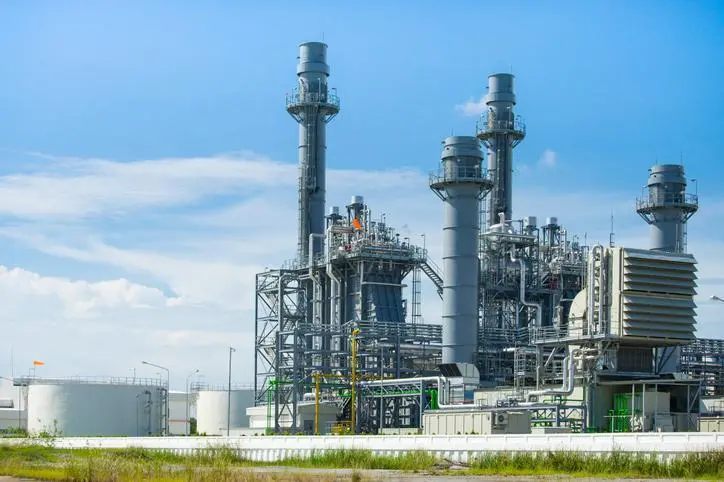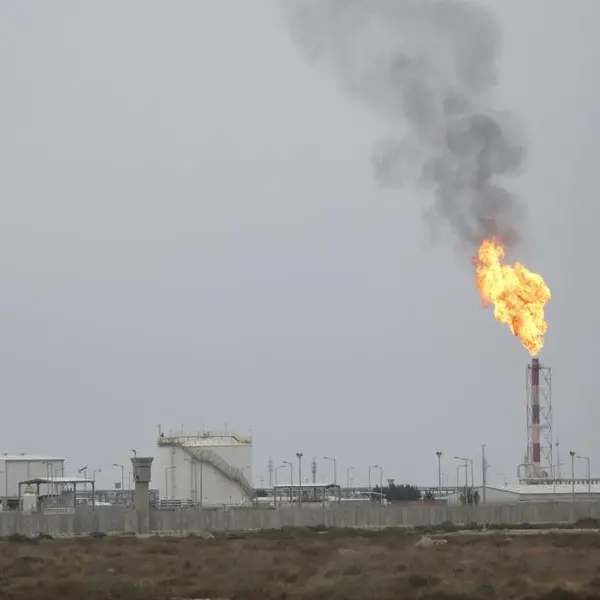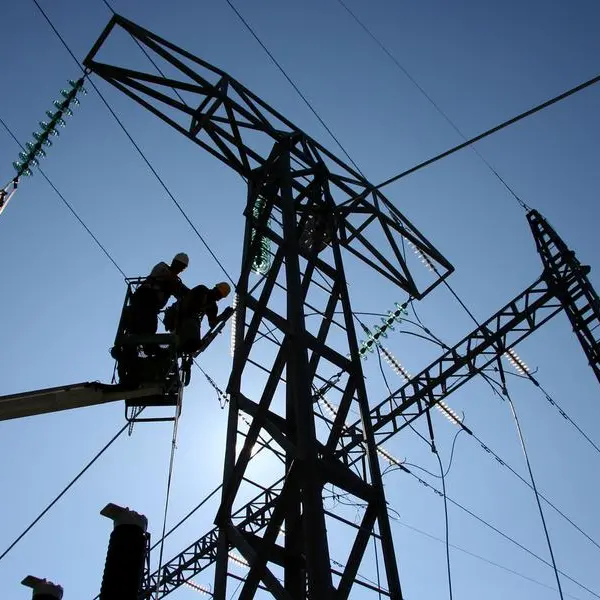PHOTO
Saudi Arabia spends the most money per capita on energy subsidies among the Group of 20 economies, according to data from the International Monetary Fund (IMF).
The kingdom spent a total of $253 billion on fossil-fuel subsidies in 2022, representing 27% of the gross domestic product (GDP). This puts per capita spending at $6,996, the highest among G20 states, surpassing countries with huge subsidy budgets like China and Russia.
Among the G20 states, China had the highest spending on both implicit and explicit subsidies at $2.2 trillion, followed by the United States ($757 billion) and Russia ($421 billion).
Spending on energy subsidies


The IMF, which estimated that energy subsidies around the world surged to a record $7 trillion last year, has highlighted the importance of scaling back subsidies to slow climate change.
“If governments removed explicit subsidies and imposed corrective taxes, fuel prices would increase. This would lead firms and households to consider environmental costs when making consumption and investment decisions,” the IMF said in a recent blog.
“The result would be cutting global carbon-dioxide emissions significantly, cleaner air, less lung and heart disease and more fiscal space for governments.”
In a separate paper released last year, the IMF noted that Saudi Arabia’s reform on energy subsidies is “continuing unabated through planned step price increases that will lead to their elimination by 2030”.
The kingdom, however, is not in favour of lifting the cap on gasoline prices, citing the importance of keeping "social cohesion" and ensuring that costs for industries remain manageable.
(Writing by Cleofe Maceda; editing by Seban Scaria)





















